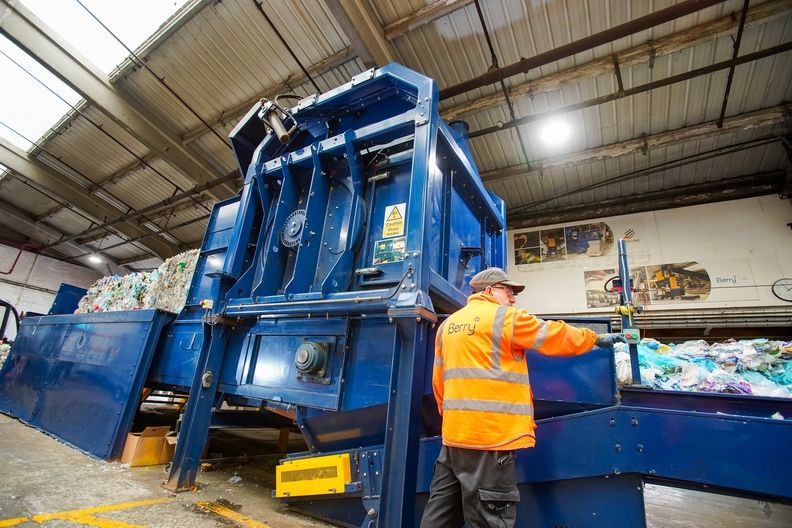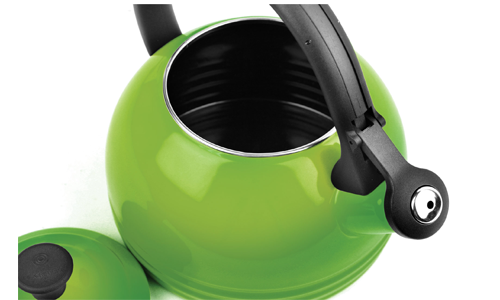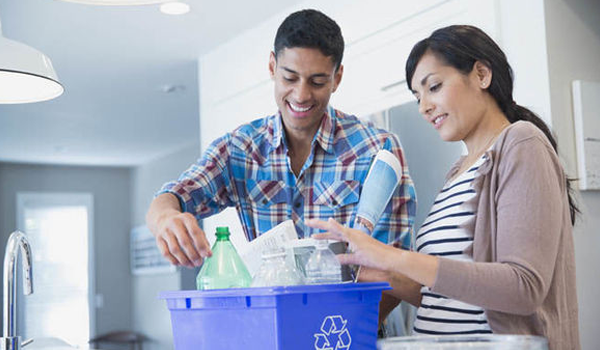The US-based packaging company has upgraded the Heanor wash plant to handle and clean a greater variety of poorer quality plastic packs. The facility opened in 2021 and was then the first wash line and recycling plant in the UK able to recycle both flexible and rigid plastics from household and industrial waste.
With a 20,000 tonnes/year capacity, Berry says the plant produces high quality and consistent recyclate that can be used in a variety of industrial and consumer rigid and flexible applications such as storage boxes, refuse sacks and collation shrink films.
In particular, seven tracked soft plastics bundles were turned into fuel pellets, four were recycled overseas, three were incinerated in the UK, two were incinerated overseas, and one was recycled in the UK.
Of the 18 Tesco tracked bundles, only six reached a final destination. Only one was recycled in the UK. Four were recycled overseas and one was converted into fuel pellets.
Of the 22 Sainbury’s tracked bundles, 11 six reached a final destination and all were burnt.
Berry announced its new investment in the wake of the investigation results.
“Recycling soft plastic poses a challenge, particularly in terms of the quality of material collected, but at Berry we are continuing to work to make recycling of this material a reality through the creation of useful second life products,” said Mike Baxter, external affairs director – Berry Global recycled products. “For example, front of store soft plastic currently goes into the production of new refuse sacks, while other flexible plastic is used to produce our Sustane recyclate which goes back into packaging such as shrink film,” he added.
Berry further said that its Heanor plant holds RecyClass certification that confirms full traceability throughout the recycling and production processes.
“Certification at Heanor therefore provides Berry customers with complete reassurance as to the quality and authenticity of the recycled material produced,” the company said in a statement.
The scrutiny on soft plastics take-back schemes comes as the UK prepares to make kerbside collection of flexible plastic packaging for recycling mandatory in March 2027. In 2022, only 7% of soft plastics placed on the UK market were collected for recycling at the kerbside.
In 2023, the UK set a record for plastic packaging recycling. The country mechanically recycled 52.5% of its plastic waste, a 2.14% increase from the previous, record-breaking, year.
Source: sustainableplastics.com








